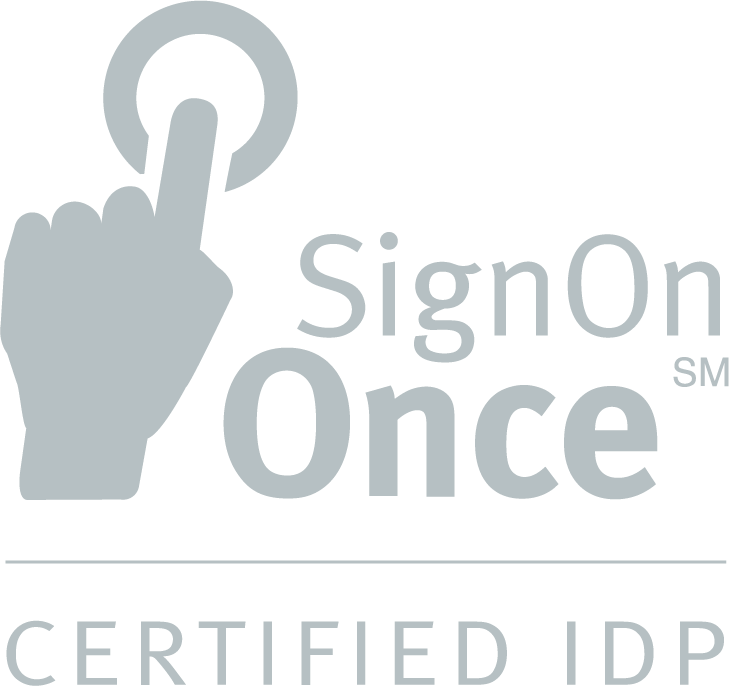©2026 Vertafore, Inc.
Agencies, MGAs, and carriers are embracing AI to cut costs, improve client experiences, and unlock new opportunities

Agencies, MGAs, and carriers are embracing AI to cut costs, improve client experiences, and unlock new opportunities

We're delivering AI tools you can use today and a clear AI vision for tomorrow

Discover how Vertafore’s Gordon Kendall is building insurance technology that saves agents time and helps agencies grow

Early AI adoption has exposed a gap between promises and practical outcomes, forcing MGAs to ask tougher ROI questions
©2026 Vertafore, Inc.

